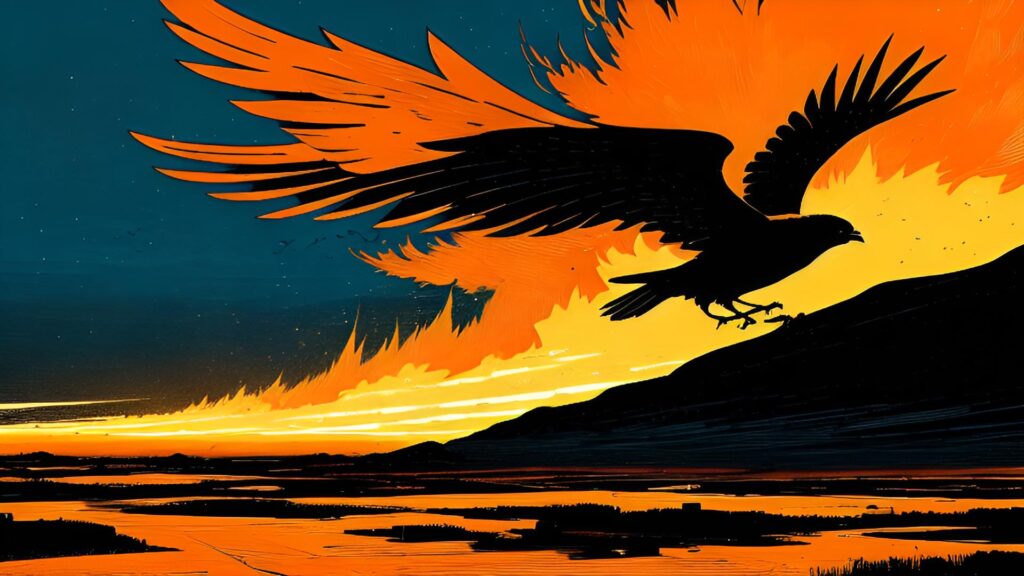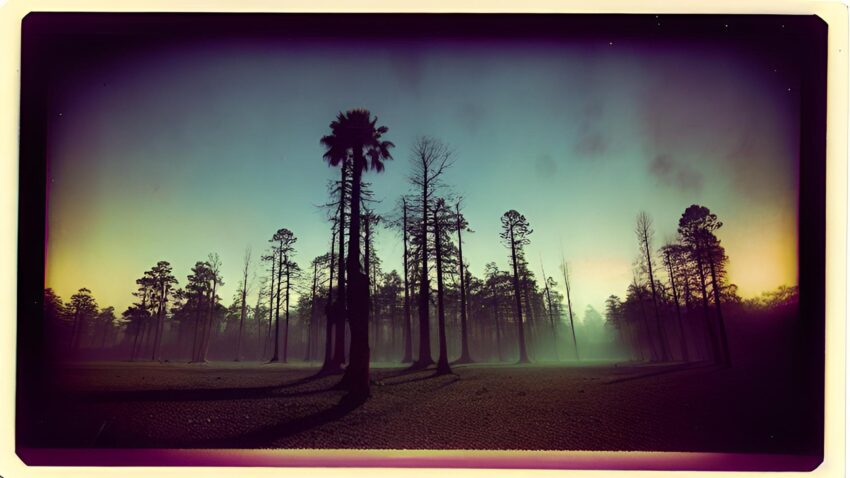All the World is a Myth: “We are still living in the Roman Empire…There is still a Colosseum and a Circus Maximus. There are still gladiators and slaves, there are still heroes and tyrants, and how exactly are we to know the difference?”
Approach That Which Could Destroy You: “You have to approach that which could destroy you to reach your potential. You have to walk up to it. Look at it, with gross fascination, just beyond the veil of its abyss. No one can tell you where to draw the line. That is its risk. That is its beauty. What gives you all is what takes all. In the end, it will collect back what was given. But before that most concluding of all occasions this moment is yours. You are a spark of consciousness set apart from infinity. Bring yourself to the edge of the endless, with resolute defiance, and be as beautiful as you are hopeless. Barricade your apologies. Stay your excuses. Walk right up to the surface of chaos, and for your one little moment in history, be more infinite than infinity itself.”
Ego Credo: “The critical axiom isn’t no enemies to the right, but no friends to the left: that is, no political friendship with what the contemporary Left represents: self-delusion, self-pity, guilt, resentment, and fear. The Left isn’t bad because it is Left, but because it is the political form of these things. This recognition is especially critical for people who have suffered from the Left’s persecution, and/or persecution more generally: many victims of cancel culture have never recovered precisely because they’ve internalized the idea of themselves as a victim, which is the emblem of weakness, self-pity and fear. The precepts ‘love your enemies’ and ‘turn the other cheek’ were conceived for this reason: not for the sake of the enemies, but as watchwords against the psychological spiral which powers them. Finally the enemy is this spiral itself, not the destroyed individuals who have made themselves into its slaves.”
How I Joined the Resistance: “There were some weird coincidences that hastened my decision [to become Catholic]. One came…at a conference I attended with largely conservative intellectuals. Late at night, at the hotel bar, I questioned a conservative Catholic writer about his criticism of the pope. (My growing view is that too many American Catholics have failed to show proper deference to the papacy, treating the pope as a political figure to be criticized or praised according to their whims.) While he admitted that some Catholics went too far, he defended his more measured approach, when suddenly a wine glass seemed to leap from a stable place behind the bar and crashed on the floor in front of us. We both stared at each other in silence for a bit, a little startled by what we’d just seen, before ending our conversation abruptly and excusing ourselves to turn in for the night.”
In the Eye of Providence: “Hyperstition is not merely a “fiction that makes itself real” it’s a narrative that suspends your disbelief in its unreality or virtuality and by that makes its effect on the world. This actually happens all the time, almost automatically, see: Synchromysticism —this is also interesting because the internet is also a synchronization machine, this is both a technical and a temporal definition, it creates networks of everything that are acasually [without space; only in time] connected.”

Power Without Responsibility: “In our modern totalitarianism, expertise amounts to ‘power without responsibility—the prerogative of the harlot through the ages.’ Republican self-government depends on the possibility of debate. Citizens must be able to meet in argument face to face and offer perspectives, weigh tradeoffs, and hammer out compromises. One cannot debate an expert: he will appeal to authority and deny your standing to second-guess him. One cannot debate the mass: it has no face. These new tyrants are not only enemies to individuality. They make democracy impossible.”
The World-Spirit on a Golf Cart: “…I suspect we’re in a period of change the equivalent of which the world hasn’t seen for five centuries; that the upheaval we’re seeing is not just the tumult of politics and geopolitics as usual but the wider breakdown of Enlightenment liberal modernity. And it seems that Trump, like Hegel’s Napoleon, has somehow become a concentrated symbol of these times – of a world-spirit of a global rebellion; of the end of one epoch and the birth of another; and that he is a figure with an historic role that must be fulfilled, for better or worse, come hell or high water.”
